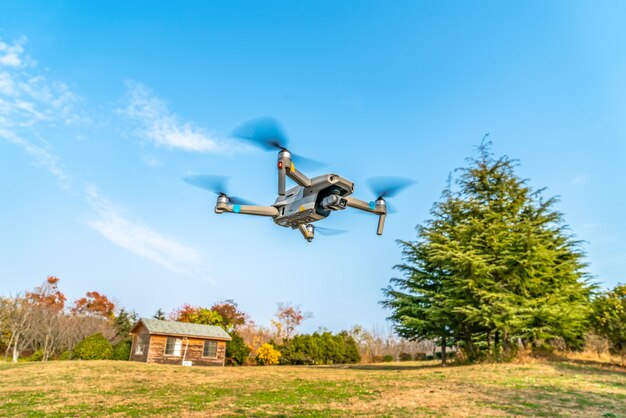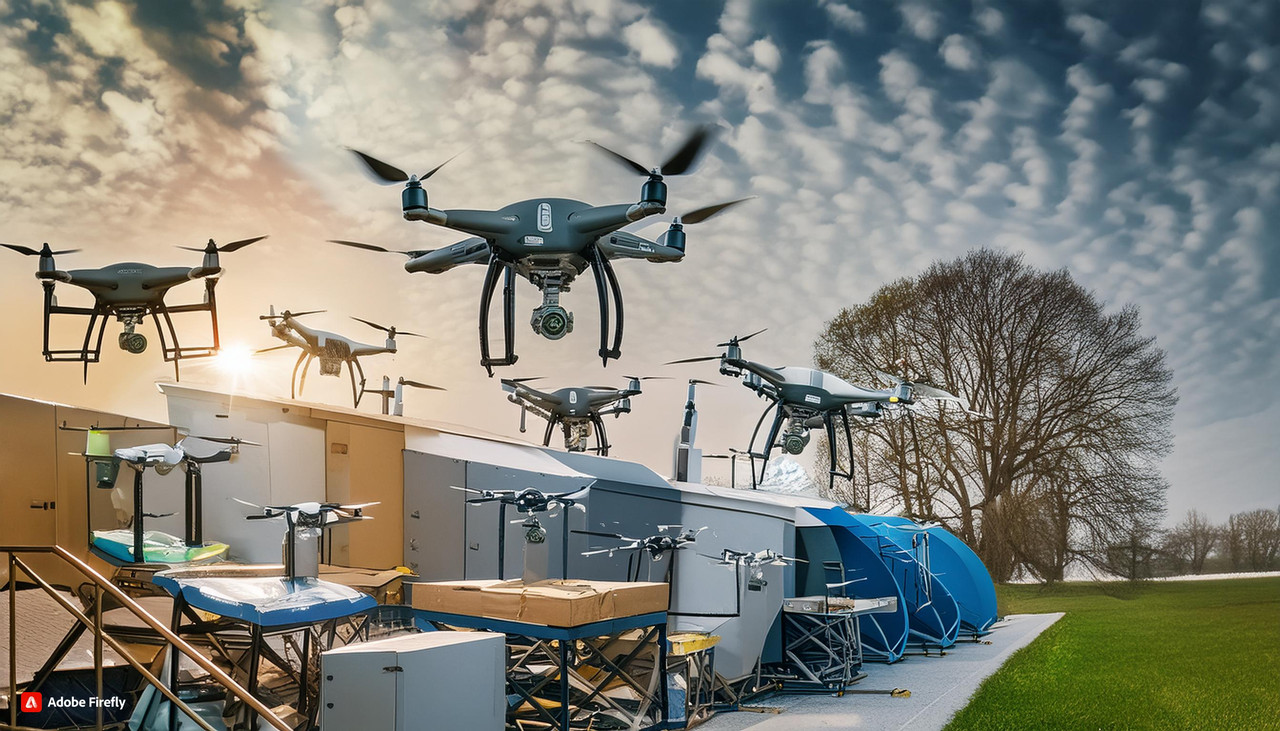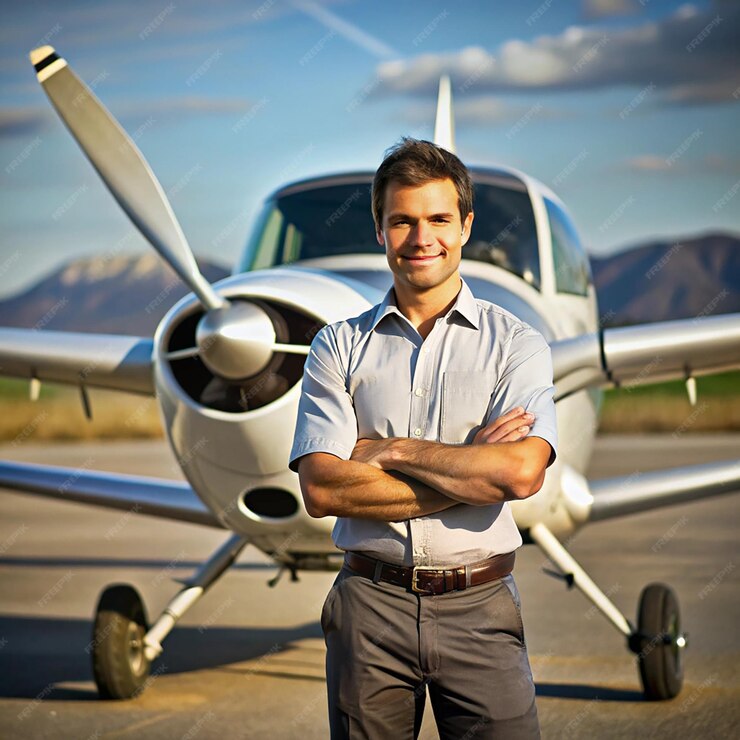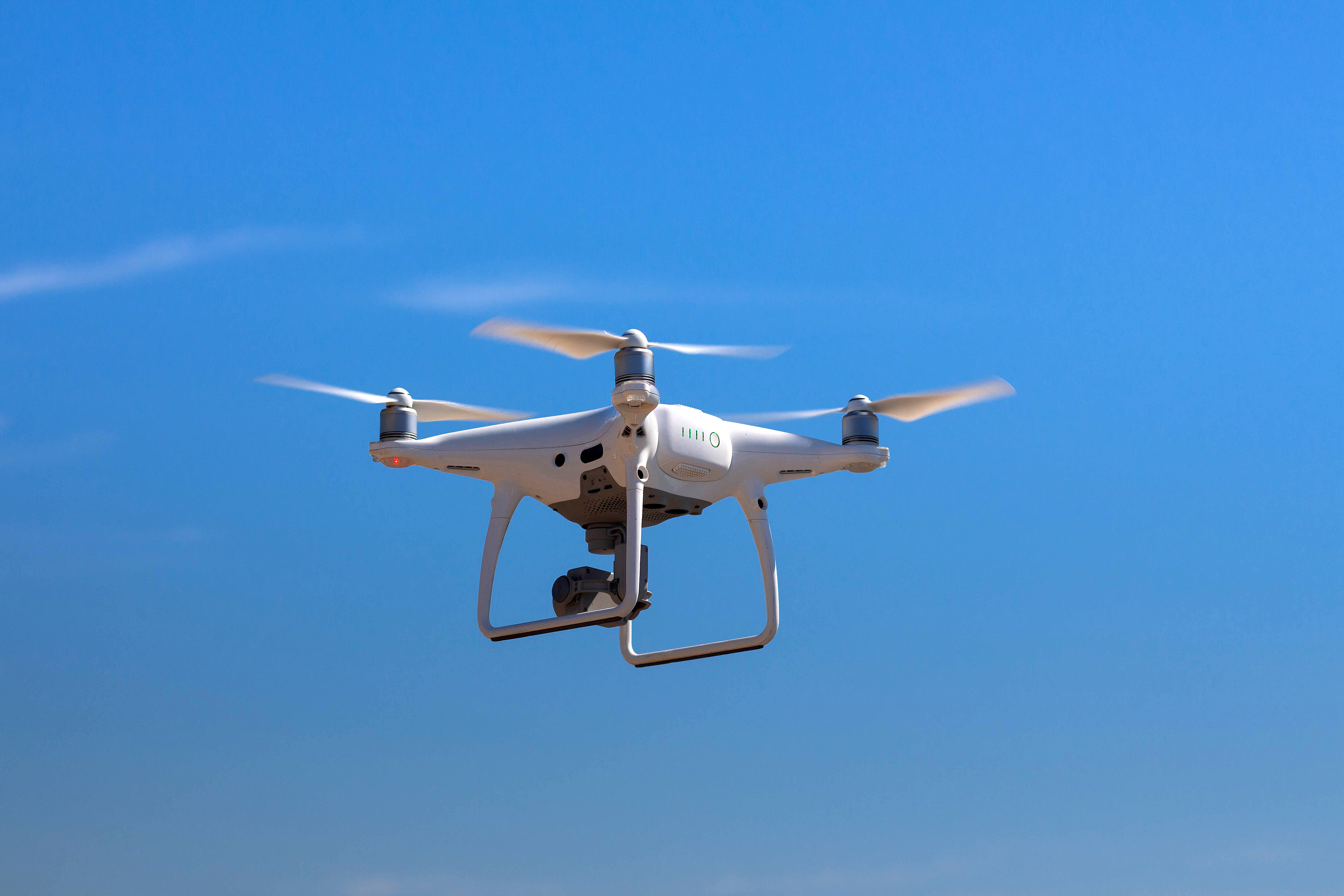How Drone Training Can Help Beginners to Fly a Drone?
With the increasing popularity of drones in India and the world, they are used in several industries to explore new opportunities. However, before taking off for the first flight, understand the basics of drone operations and regulations in India. This can be done with proper drone training from a reputed institute.
In this piece, we will look at some things beginners need to remember before taking the first drone flight.
Which Drone should you Choose?
For beginners, a ready-to-fly drone is perhaps the right choice. These drones are easy to operate and have user-friendly controls. Look for one drone laden with built-in GPS, a stable flight system, and a beginner mode to get started.

What All Components Make Up a Drone?
- Controller: It is the device which is used to operate a drone.
- Battery: Batteries power the drones; ensure you have extra batteries for longer flight times.
- Camera: Cameras are not installed in all drones but are essential for capturing striking photos and videos.
- Propellers: These devices let the drone take off and propel in the air.

Legal Requirements and Regulations
- Registration of the Drone: In India, the DGCA regulates drones. As of 2022, all drones, except nano drones, should be registered with the DGCA's online platform, Digital Sky. This platform gives drones a Unique Identification Number.
- Permission to Fly a Drone: Furthermore, to register, you must have permission to fly your drone in some areas. Flying in restricted zones, like military installations, airports, or high-security areas, needs special authorization. Check the no-fly zones on the Digital Sky platform before taking off. All this about the red, yellow and green zones is taught as a part of the drone training curriculum.
- Insurance and Safety Measures: Your drone should be insured to cover possible damages or accidents. Moreover, learn basic safety protocols, such as avoiding packed areas and respecting privacy.

What are the Tips for Beginners?
- Learn About Flight Controls: Before taking off for flight, you should learn about the controls of your drone. Many drones have simulation modes that let you practice without flying the drone.
- Check the Weather Conditions: Wind, rain, or fog can impact the drone's performance. For an ideal flight, choose clear days with minimal wind. Check the weather before taking a drone flight.
- Practicing Drone Piloting: Start with short flights to get a feel for handling drones. As you gain confidence, steadily increase the drone's height and distance. Practice in open areas with slight obstacles to decrease the risk of collisions.
Coming to a Concrete Close
Flying a drone can be an enthralling experience in itself, offering exclusive perspectives and creative prospects. However, adhering to the legal needs and safety guidelines is essential to ensure a smooth flight experience. You can understand the basics of drone piloting and comply with the regulations of the DGCA. Responsible flying improves your experience, and this can be learnt with proper theoretical and practical training.
Enroll with Flapone Aviation, a top drone training Institute, to embark on the drone-flying journey and stay well-versed in tech advancements.
Related Blog
Latest updates and insights from Flapone Aviation.

What Types of Drones Are Present in the Market?
October 8, 2024

How to Become a Pilot After 12th in India?
February 7, 2025

What are the Basics of Drone Piloting?
February 7, 2025



